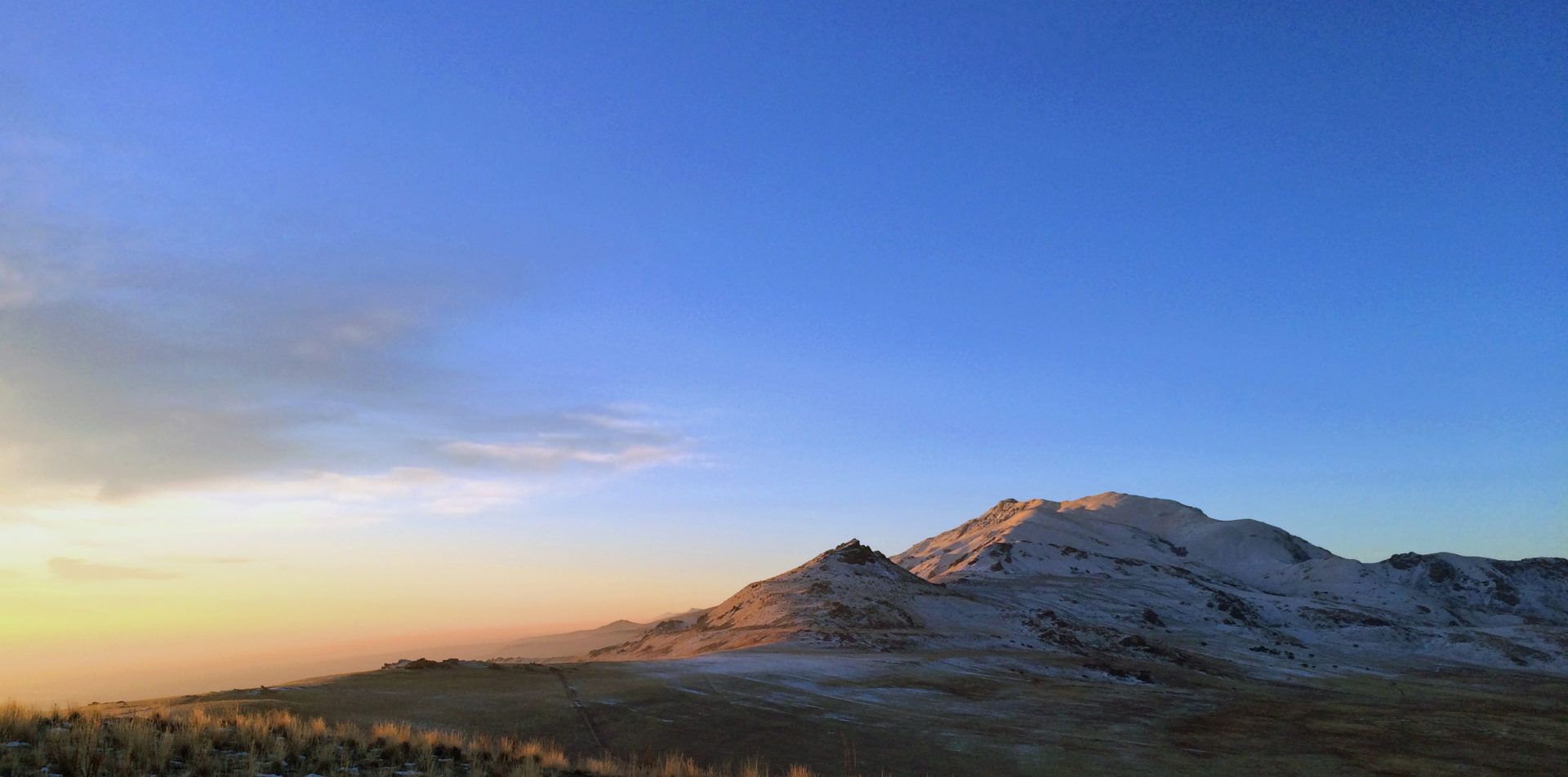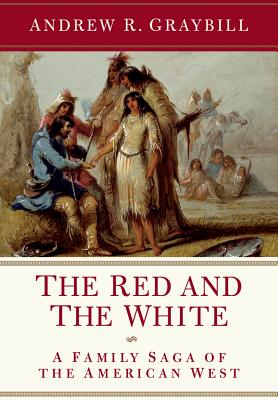In what seems like a lifetime-ago, I was a graduate student working on an M.A. and Ph.D. at the University of Nebraska – Lincoln. While there, I had the opportunity to take a couple courses from a new Assistant Professor in the Department – Andrew Graybill. If my memory serves me correctly (which is not a good endorsement, because ironically enough, I (the historian) have a horrible memory), I took a graduate seminar on new Readings in North American West history and a lecture-based course in North American Environmental history. Both were a lot of fun. Eventually, Andy served on my dissertation committee. We had intermittent conversations about my work, and he offered some great advice. Most memorable was when, in the summer of 2009, I walked into the reading room of the Glenbow Archives in Calgary, Alberta, having just dropped my family off at the in-laws cabin near West Yellowstone and driven up across the border, to see none other than Andy Graybill sitting there. Or, did he walk in to find me sitting there…I can’t remember. In any case, without knowledge of each others’ trips, we had both made the long journey from Lincoln to Calgary. We had a nice chat, and he invited me to join in a delightful dinner that evening at Fran Kaye‘s house, where I had the pleasure of meeting Jane Holden Kelley as well – but that’s a different story.
Andy was at the Glenbow doing some research for a new, and very mysterious, book project. His first book, Policing the Great Plains: Rangers, Mounties, and the North American Frontier, 1875-1910, had been published and he was hot on trail of a new monograph. Now, some 4 years later, the book is out – and it sounds great.
Graybill’s new book is entitled The Red and the White: A Family Saga of the American West. It traces a mixed-blood family in the mid- to late-19th century in what would become Montana. The Clarke family, a mixture of white and Piegan Blackfeet heritage, finds itself straddling the divides between Indian and Anglo/White societies. This is not a particularly new concept – much has been written about the experiences and struggle of mixed-blood and Metis peoples living in multiple worlds. What makes Graybill’s Clarke family so compelling is that their family narrative bridges two very distinct eras in Western history. Beginning with the mixed-race marriage in 1844 from which the family descends, the state of American presence and American-Indigenous interactions in Montana undergo dramatic transformations. As the region develops and vies for statehood, mixed-blood families like the Clarkes found themselves on precarious new grounds. At its climax, The Red and the White investigates the woefully neglected Marias (or Baker) Massacre of 1870. In the aftermath of the massacre, we find members of the Clarke family joining U.S. army in retalitating against their own (Blackfoot) kin. Graybill also convincingly argues that the Marias Massacre proved a watershed moment in altering U.S. frontier Indian policy. I won’t spoil the surprise, but it is a compelling argument.
I recommend Graybill’s book not because he is a good friend, but because I think it is a book that should be carefully considered. The family narratives makes for engaging and emotive reading, and Graybill leverages it to do much more than simply tell a story – he race and identity formation, U.S. Indian policy, and the complex racial layers in territorial West development and growth, etc… Much as Ann Hyde’s award winning Empires, Nations, and Families used family narratives to analyze much broader issues, Graybill uses the intimate and micro to cast light on the big picture.
Graybill is now an Associate Professor of History and Director of the William P. Clements Center for Southwest Studies at Southern Methodist University.
You can listen to him talk about his book at the two links below!
- ‘The Red And The White’ And The Stories That Follow – from ‘On Point’ with Tom Ashbrook (NPR – WBUR Boston 90.9)
- One Family’s Saga – from ‘Think’ with Krys Boyd (NPR – KERA Dallas)



Recently picked up a copy. Probably won’t get to it until the summer, but I’m looking forward to it.